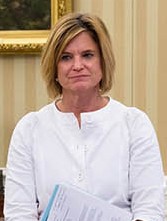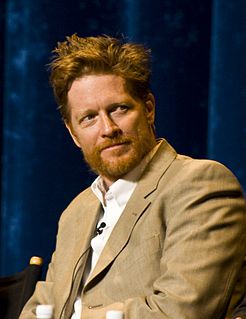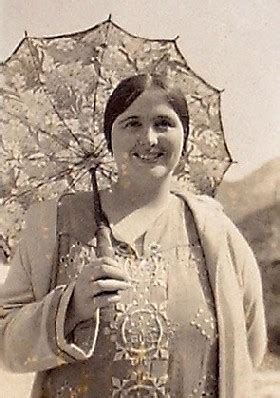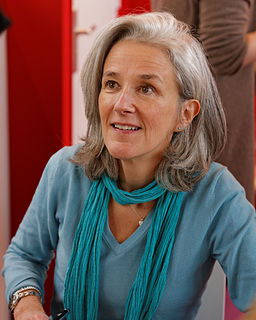A Quote by Natalie Dormer
As an actress, I think it’s important to look back and realize that we aren’t always quite as original as we think we are. There’s this grand, textured history for us over the last 100 years of incredible writers, directors, and performers.
Related Quotes
We've made so much progress in the last 100 years, and I think it's easy for us to think that women in the workplace, women in politics, isn't that big of a deal. And when you step back and look at it from the scope of human history, from thousands and thousands of years - it's a radical idea for a woman to be in charge.
Obviously I think it's really important to look back at your history, and that's why I think things like Pride are important. It's not necessarily about your experience of life, it's not about whether you find it difficult to be gay; it's about the fact that people have fought over hundreds of years for this to be okay, and also that there are many countries in the world where it's still not, and it's very dangerous to be gay.
I used to do miserably in English literature, which I thought was a sign of moral turpitude. As I look back on it, I think it was rather to my credit. The notion of actually putting writers' words into other words is quite ridiculous because why bother if writers mean what they mean, and if they don't, why read them? There is, I suppose, a case for studying literary works in depth, but I don't quite know what 'in depth' means unless you read a paragraph over and over again.
I suppose we think euphemistically that all writers write because they have something to say that is truthful and honest and pointed and important. And I suppose I subscribe to that, too. But God knows when I look back over thirty years of professional writing, I'm hard-pressed to come up with anything that's important. Some things are literate, some things are interesting, some things are classy, but very damn little is important.
When you look at what Star (casino) has done for Sydney over the last fifteen years.. I don't think it has done a lot. When you look at what Crown (his casino) has done for Melbourne, I think it has done an enormous amount. And there's all sorts of statistics and figures and facts that can back those things up.
I think certain periods of history don't get dealt with because I think historians, and it's their job, but they look back and look for patterns. They look for sequences and they look for reasons, and certain periods of history don't fit with the general pattern of 1500 to the 20th century, during which there's the creation of the United States. At this time of 1814, two nations who would eventually become close allies were at war with each other, so it doesn't quite fit.
I think the important thing about staying creative and staying sharp and original is not to look back too much, and to kind of look to where your vision is going now. But I have felt over the years a definite progression or arc from feeling guilty about what I had done with the first one, because certainly there was all that fundamentalist guilt that came pouring back in. Feeling like I'd done something horrible, "I'm a despicable person and I'm perverse," and all these things, to a sense of the power and the necessity, in a sense, of horror films and dealing with dark material.



































